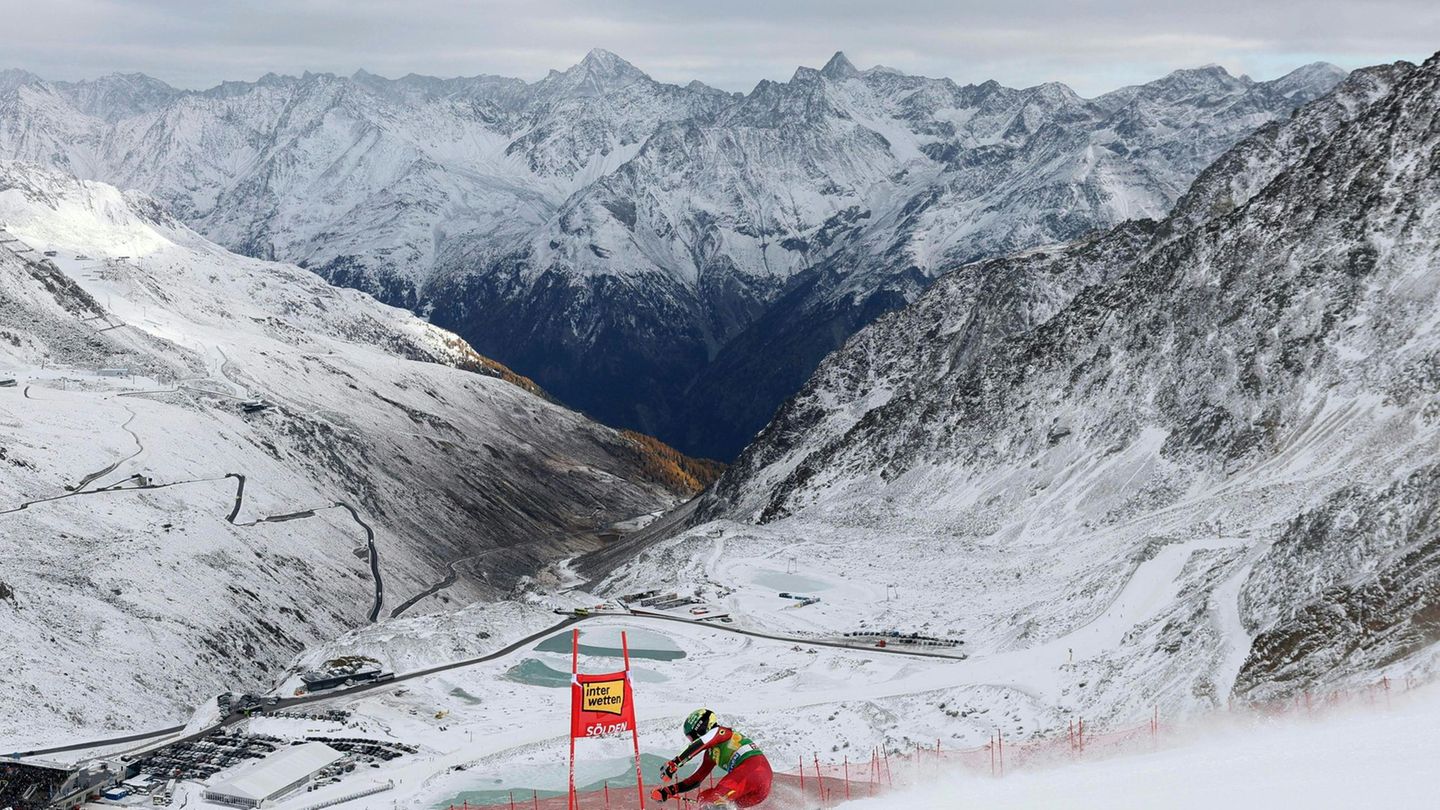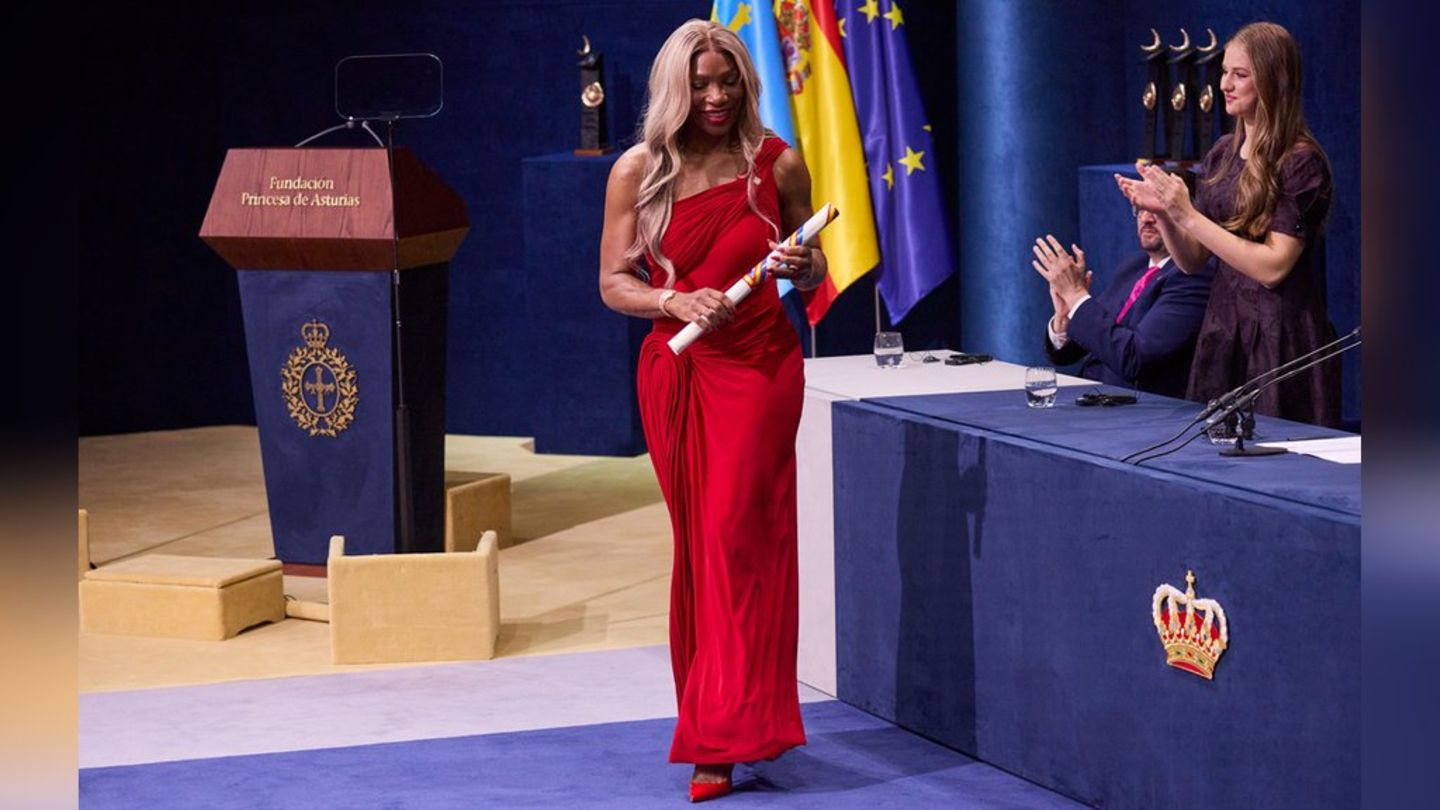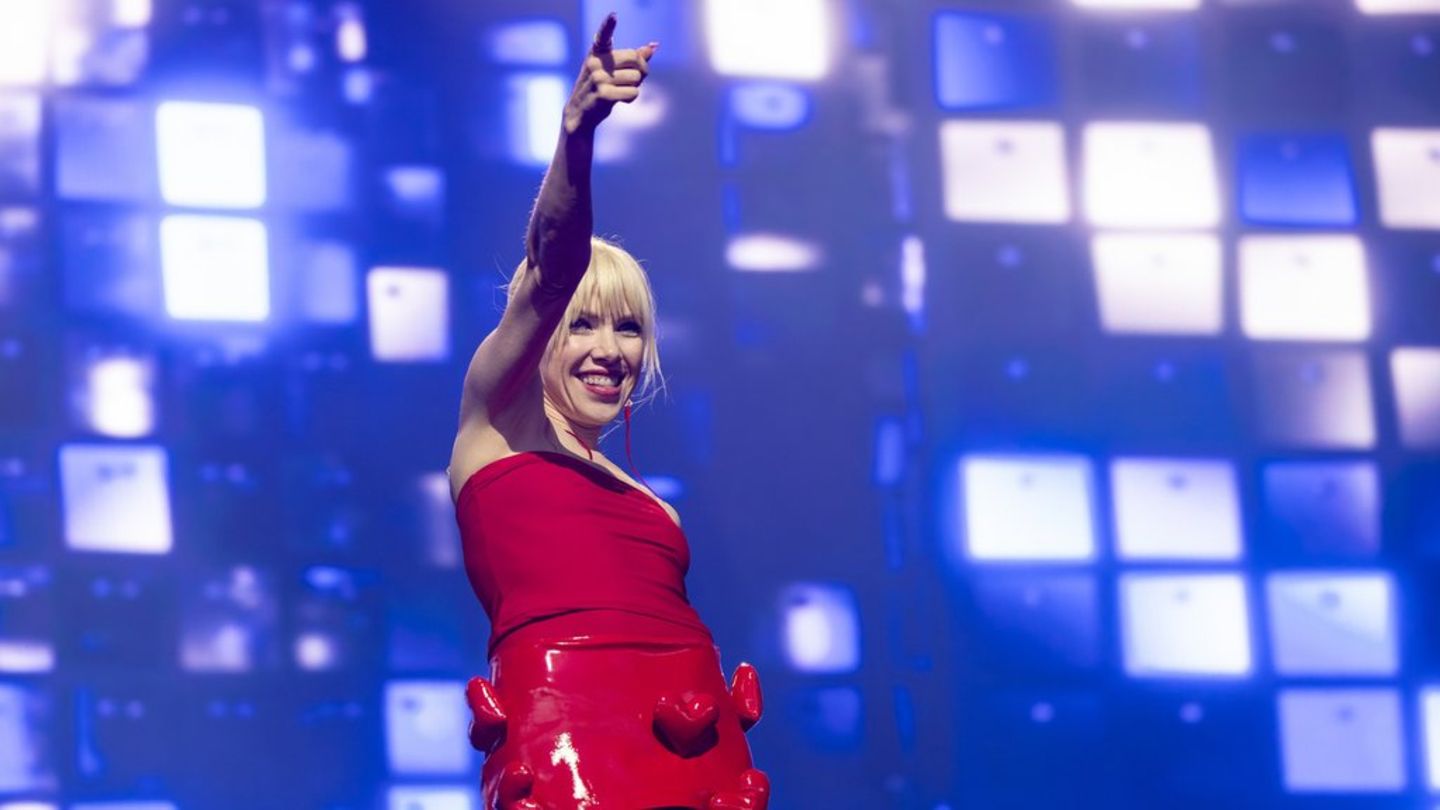I have been working in the news industry for over 6 years, first as a reporter and now as an editor. I have covered politics extensively, and my work has appeared in major newspapers and online news outlets around the world. In addition to my writing, I also contribute regularly to 24 Hours World.
Menu
Path to new elections: Scholz delegates the struggle for a new election date to parliamentary group leaders
Categories
Most Read
Criminal asylum seeker: sex offender mistakenly released from British custody
October 25, 2025
No Comments
Distrust of Israel? US drones are circling over Gaza
October 25, 2025
No Comments
Donald Trump on tour of Asia: meeting with North Korea’s Kim Jong-un?
October 25, 2025
No Comments
Shutdown in the USA: Pentagon accepts anonymous donation of millions – that’s what Trump says
October 25, 2025
No Comments
Ukraine war: Russian special envoy to USA – dialogue should continue
October 25, 2025
No Comments
Latest Posts

World Cup start in Sölden: Scheib celebrates home victory at the ski opener – Dürr is the best German
October 25, 2025
No Comments
PierceI am Pierce Boyd, a driven and ambitious professional working in the news industry. I have been writing for 24 Hours Worlds for over five

Princess Leonor: She honors Serena Williams with a prize
October 25, 2025
No Comments
Lisa HarrisI am an author and journalist who has worked in the entertainment industry for over a decade. I currently work as a news editor

Carly Rae Jepsen: Singer got married in New York
October 25, 2025
No Comments
Lisa HarrisI am an author and journalist who has worked in the entertainment industry for over a decade. I currently work as a news editor
24 Hours Worlds is a comprehensive source of instant world current affairs, offering up-to-the-minute coverage of breaking news and events from around the globe. With a team of experienced journalists and experts on hand 24/7.

